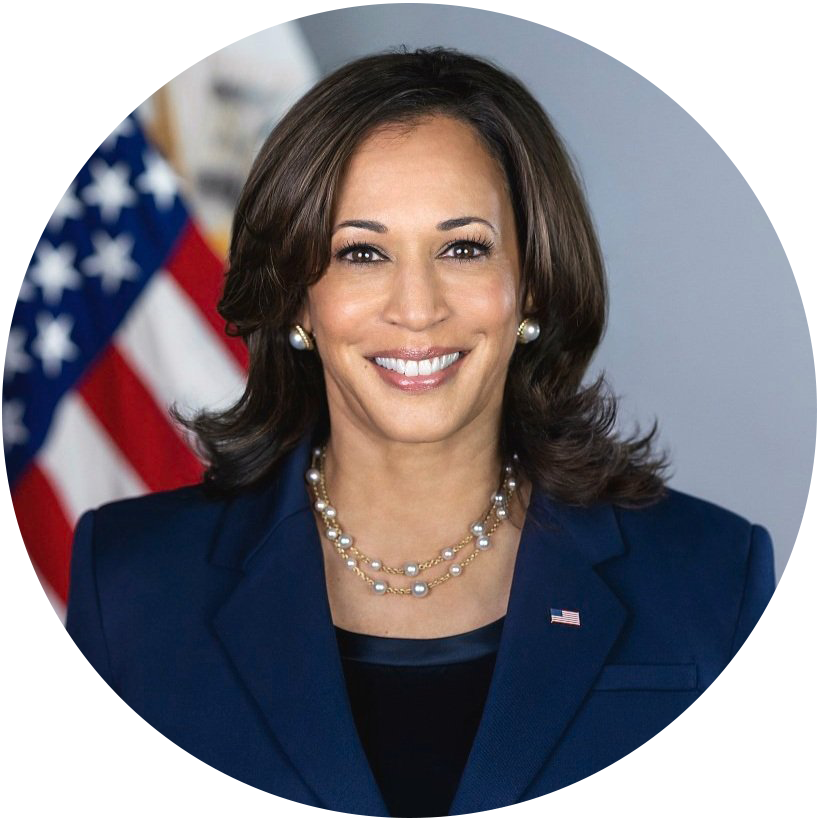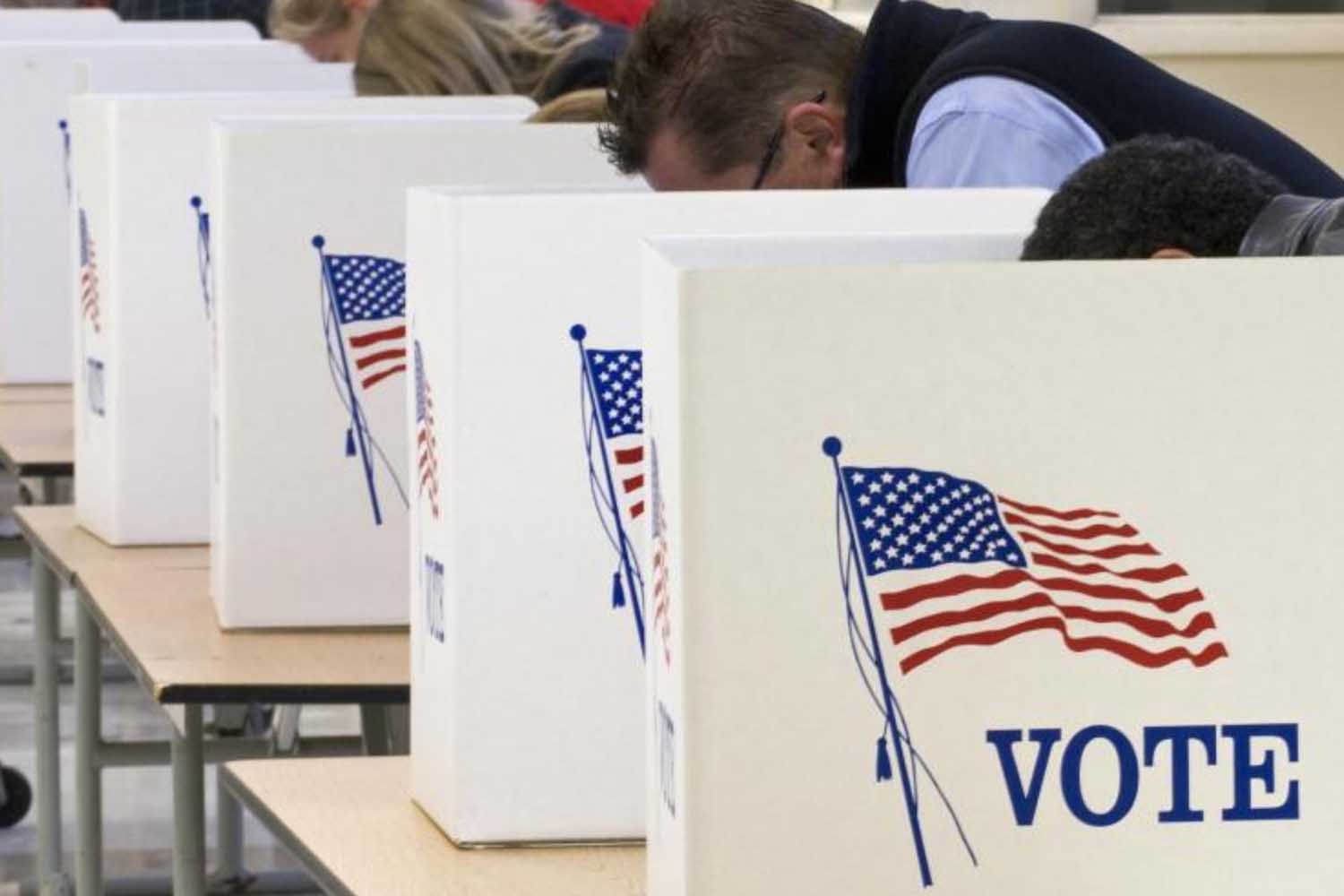The U.S. Constitution guarantees the right to vote to U.S. citizens (14th Amendment), regardless of race (15th Amendment) and sex (19th Amendment), as long as they’re 18 years old on or before election day (26th Amendment).
Beyond that, rules vary by state.
Many states require voters to have been a resident for some period of time (e.g., 30 days) and/or restrict voting for people convicted of a felony or declared mentally unfit. Almost half require a valid government-issued photo ID. Every state except North Dakota requires voters to register.
Outright voter fraud (e.g., ineligible voting, voting twice, buying votes) is very rare. According to the Heritage Foundation, a conservative think tank, there have been 1,546 proven cases of voter fraud since 1982, which represents ~0.00015% of all votes.
However, there are other potential concerns around election integrity. Here are some relevant terms:
- Ballot Harvesting: the practice of passing out ballots door to door in politically strategic neighborhoods and then (depending on the state) carrying the completed ballots to a drop box
- Foreign Interference: foreign governments’ attempts to influence the outcome of the election through misinformation campaigns, usually on social media platforms
- Early Voting: when polling centers open early and allow voters to cast their ballots in person before Election Day
- Vote-by-Mail: when voters complete their ballot at home and mail it in or deposit it in a designated dropbox, typically before Election Day, with a signature to validate their identity
- Absentee Voting: similar to mail-in voting but often requires a valid excuse for not voting in person on Election Day (e.g., military families stationed overseas)
- Machine Counting: the use of scanners to count someone’s physical ballot; most ballots are counted this way, with the physical ballots kept for recounts by hand
- DRE Voting Machines: computers that allow citizens to vote in person electronically, typically without a paper trail; they’re available to ~7% of voters and are becoming less popular
Both Democrats and Republicans want fair elections, but they disagree on what that means and how to accomplish it.
Both Sides
Republicans generally favor higher election security, believing elections are fairest when committing voter fraud is more difficult and voters are confident their ballot was counted correctly. They’re generally critical of ballot harvesting and the use of voting machines and are often proponents of voting in person on Election Day and removing people from registration lists if they have not voted recently or re-confirmed their registration. Republicans argue these measures lead to more trustworthy outcomes and higher voter confidence.
Democrats generally favor removing obstacles to voting, believing elections are most fair when the most voices are heard. They’re often proponents of automatically registering all eligible citizens and expanding mail-in voting to all voters, saying in-person voting on a Tuesday is an unnecessary burden, especially on low-income citizens. Democrats generally believe making voting easier will increase representation, not fraud.
There is a fair bit of common ground:
- 69% support allowing felons to vote after they’ve served their sentence
- 81% support requiring government-issued photo IDs
- 76% support allowing in-person early voting for two weeks prior to Election Day
- 72% support making Election Day a national holiday
Candidate Stances

Vice President Harris supports removing obstacles to voting. In February 2024, she called on Congress to pass the stalled “Freedom to Vote Act,” which would make Election Day a federal holiday, automatically register all eligible voters, and allow felons who have served their sentences to vote. She has previously expressed skepticism about Voter ID laws. She believes President Biden was the legitimate winner of the 2020 election.

Former President Trump supports stronger election security measures. He has called for “only paper ballots” and all counting to be done on Election Day. His campaign and the RNC are promising 100,000 Republican poll watchers and lawyers to challenge any evidence of fraud. This year, he has expressed support for Republicans using mail-in ballots but maintains they were used to “rig” and “steal” the 2020 election from him.
Eternal Perspectives
Voting is an important and powerful way to create change, but, as Christians, our hope is never contingent on the outcome of an election or the success of a political party; it’s much more secure than that.
“The life of every living thing is in his hand, as well as the breath of all humanity.”
Job 12:10 (CSB)
This is part of our Election Collection articles series, created to help Christians grow in understanding and compassion on key issues surrounding the 2024 presidential election.
Statistics taken from a Pew Research Study conducted in January 2024.
Last Updated: August 8, 2024


